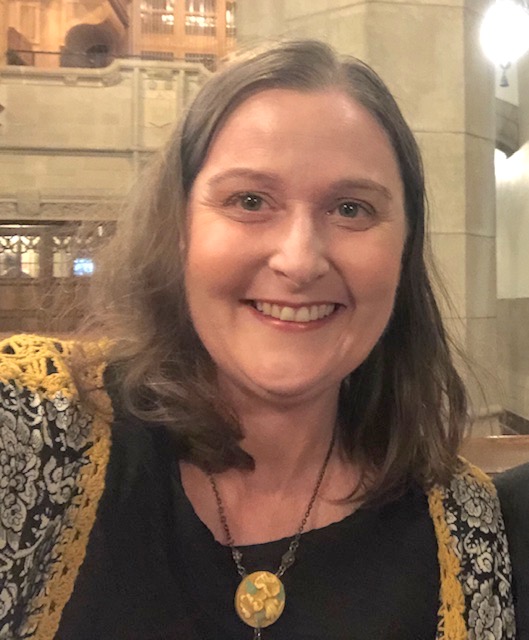Science in the News
Science @ UWindsor Latest News
Grant to boost search for treatment of Alzheimer’s disease
- Jan 19, 2024With a long-term goal of offering a novel approach to treating Alzheimer’s disease, professor Vijendra Sharma is researching biological pathways that could reverse long-term memory impairment.
Alzheimer’s disease is a chronic neurodegenerative disease characterized by a gradual loss of memory and cognition, leading to amnesia.
“First, we want to identify the cell types in the...
Tools enable anatomy examination
- Jan 17, 2024A field trip to explore high-tech anatomy and physiology tools gave graduate students of chemistry and biochemistry deeper understanding of the human body.
The experiential learning field trip to the Dr. Murray O’Neil Medical Education Centre, Schulich School of Medicine & Dentistry-Windsor Campus, allowed hands-on exploration of medical dissection through the Anatomage table,...
Sand-based microbes explored as filter of algal blooms
- Jan 15, 2024Chelsea Salter spent her master’s studies combing through Lake Erie sand investigating microbes because they were doing something unique. They were cleaning water tainted with an algal bloom toxin called cyanotoxin.
Salter (BSc 2020, MSc 2023) first heard of the phenomenon happening off the coast of Pelee Island when she was an undergraduate working in Chris Weisener’s lab. Dr....
Demo Day a showcase for computer science student projects
- Jan 12, 2024300 Ouellette Avenue was filled with students, faculty, and industry partners for the ninth annual Computer Science Demo Day on Friday, Dec 14.
Groups of students stood in front of computers, eager to pitch their programming projects about applied Artificial Intelligence, agriculture, healthcare, social media trends, education and tech for consumer decision making.
Two MAC...
Nest environment affects birdsong acoustics, study finds
- Jan 11, 2024Savannah sparrows living on a remote island off the coast of New Brunswick build their nests on the ground under dense vegetation. Sarah Dobney, a PhD student in the Department of Integrative Biology, wanted to know if this thick covering limits what nestlings can hear, potentially altering song learning — and set out to find out.
Nestlings learn to sing by listening to adults nearby....

